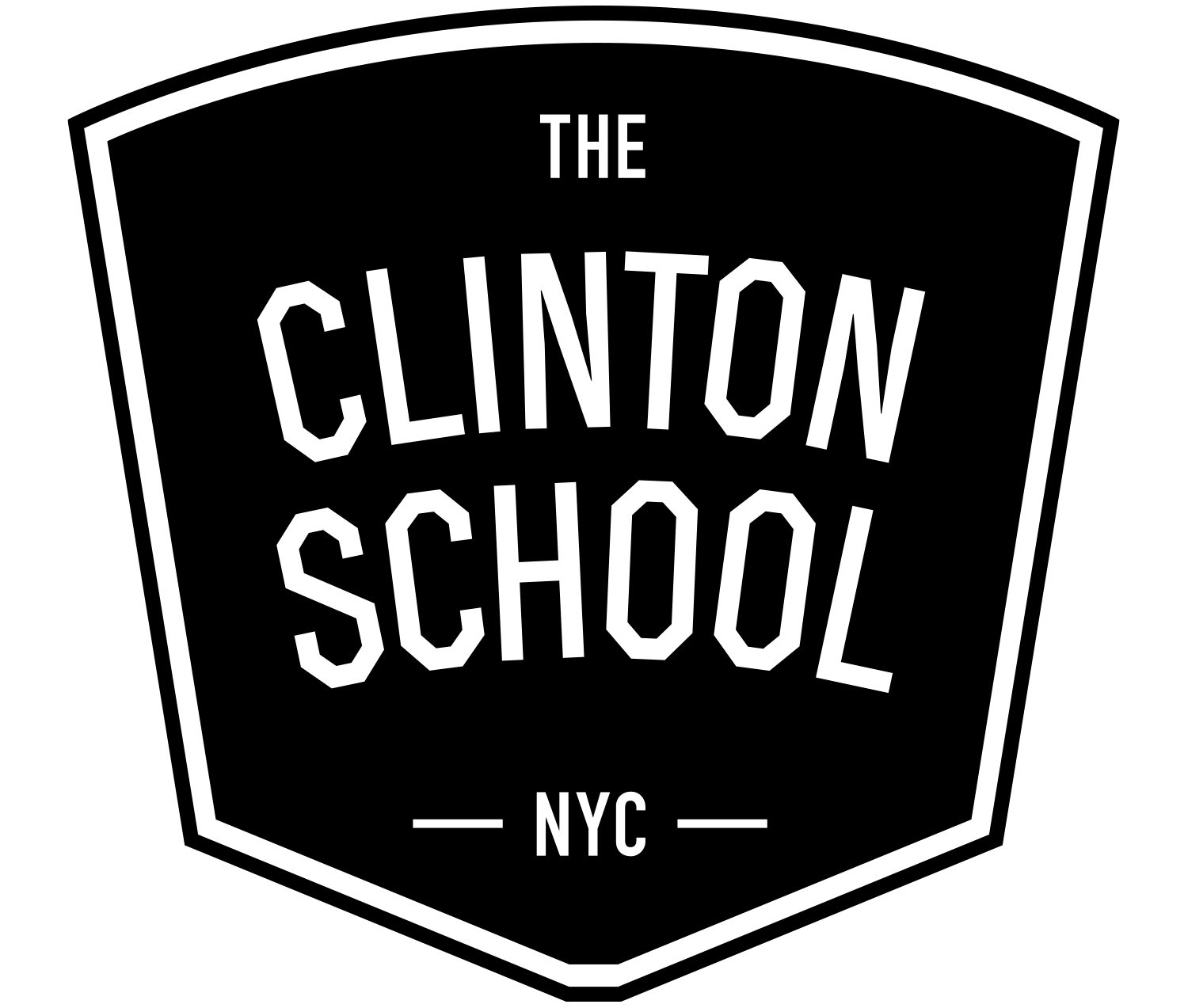This summer, Clinton staff members formed the Racial and Ethnic Equity Team. The Clinton Racial and Ethnic Equity Team understands that racism permeates the culture of our school system and society at large. We believe that the purpose of education is to provide all students equitable learning opportunities and a nurturing community that values their individual racial and ethnic identities and supports them in their development. We are committed to anti-racism by identifying, addressing, and eradicating white supremacy, bias, and ethnic discrimination in the various implicit, complicit, and explicit forms that impact our community. We will ensure that this anti-racist work will take place in all school-based teams and curriculum in partnership with staff, students, and families.
Our initiative is a three year plan. Over the course of the three years, our goals are to reflect on and reform our curricula and practices, educate ourselves about what anti-racism can look like in all content areas, build Restorative Justice practices, and develop courageous conversations.
To launch our work, the staff is reading So You Want to Talk About Race by Ijeoma Oluo. We encourage all Clinton community members to join us in this as a grounding text for our work this year. The book can be downloaded for free from the New York Public Library which has made an unlimited number of digital copies available. While reading, we are asking our staff to consider the following three questions; we invite students and families to reflect on these questions as well:
It is important to be cognizant of where in the reading you are comfortable and what areas make you feel uncomfortable. While reading this book, reflect on why this may be.
In the first chapter, Oluo states: “It is about race if a person of color thinks it is about race. It is about race if it disproportionately or differently affects people of color. It is about race if it fits into a broader pattern of events that disproportionately or differently affect people of color.” In considering this description, what are social issues that some may not think are about race that actually may be? How do these issues impact our Clinton community?
In the final chapter, Oluo identifies some actions you can take to battle systemic racism. What are some actions you can take in our school community? In the larger community?
No matter what next year may bring, we are committed to supporting the Clinton community. Thank you for joining us in this commitment.

